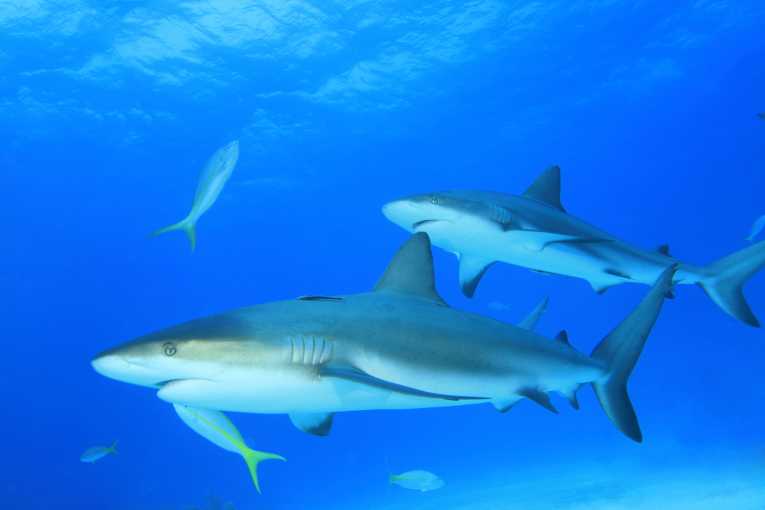What's big, has lots of teeth and is worth nearly $2 million? No, it's not the punchline of a bad joke; it's the results of a recent study by the Australian Institute of Marine Science (AIMS).
Sharks are in huge demand in Asia, primarily for shark fin soup - a delicacy in many Asian countries.
Shark hunting is rife, even in protected areas such as marine reserves. The result is the unsustainable slaughter of up to 73 million sharks every year, decimating shark populations and damaging marine ecosystems.
Could tourism be the solution? The AIMS study analysed the economic benefits that sharks can bring to a country. It found that sharks are worth far more alive than dead for island nations such as Palau. In Palau, more than half the tourists visit the island to dive in the pristine ocean, many attracted by the possibility of seeing sharks. AIMS estimated that each reef shark generates around $179,000 per year in tourism revenue. This equates to a whopping $1.9 million during its lifetime. In comparison, a single shark's fin - and therefore shark - fetches only around $108 when sold for shark fin soup.
Palau is one of the few countries that recognises the economic value of sharks. In 2009, Palau established a nationwide shark sanctuary, undoubtedly boosting its tourism revenue even further. Over the past two years several other island nations and states, including Hawaii, have banned the possession or sale of shark fins.
In addition to the economic benefits, protecting sharks benefits the whole marine ecosystem. Sharks are apex predators. Without sharks, other species populations can explode, damaging vulnerable coral reef and sea grass habitats. Sharks can maintain a pristine marine habitat, attracting divers and tourists.
Authors of the AIMS report argue that showing the environmental benefits of sharks isn't enough. Recognising the economic potential of sharks is vital to ensure the survival of these charismatic creatures. Palau is leading the way and demonstrating that eco-tourism is a legitimate way to bring a country economic benefit and to promote conservation. Will other countries follow?










